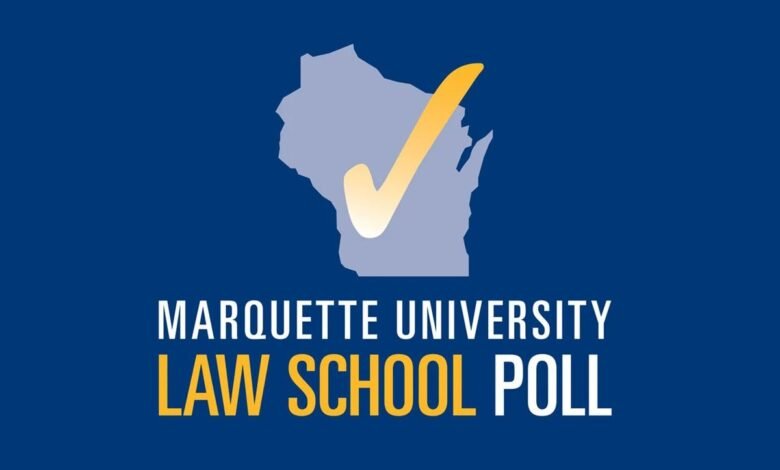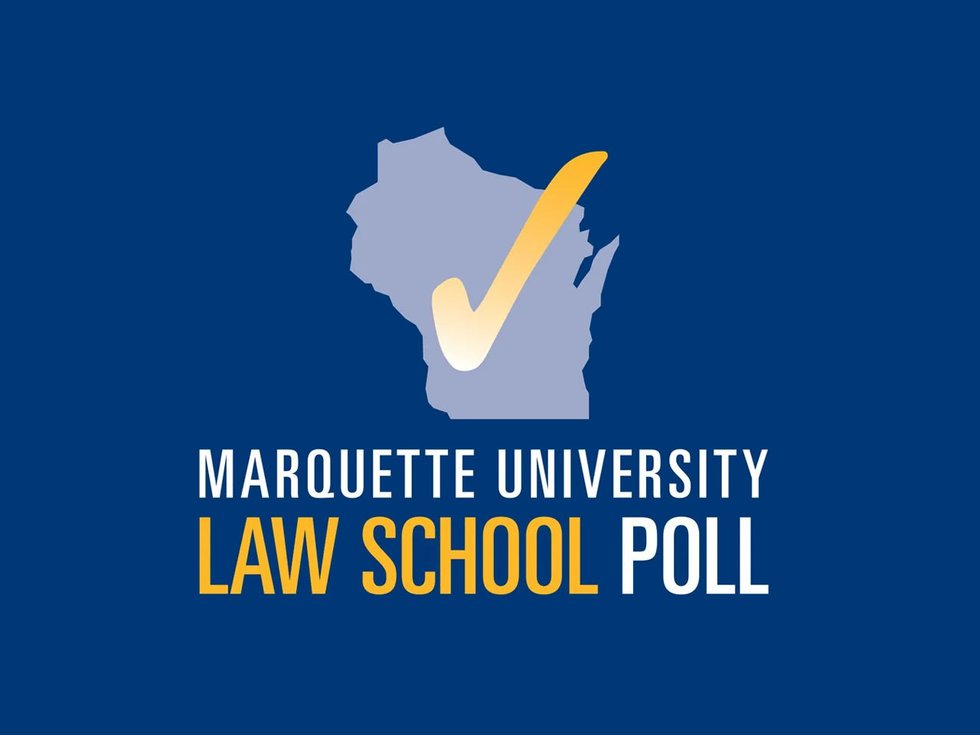Marquette Poll retooled for this election cycle – Isthmus


Two years ago, it took up to 100,000 random-digit phone calls across Wisconsin to get 800 responses to each Marquette University Law School poll on that cycle’s elections, candidates and elected officials’ popularity and opinions on controversial subjects.
No more.
Last year, Charles Franklin, director of the Marquette Law School poll, junked the old random-digit call model used since Marquette announced its first poll in 2012. It was the model that charted public opinion for the 2022 elections for governor and U.S. senator.
In its place, Franklin adopted a new system of email and text contacts that introduces the poll, invites voters to complete it and gives them a way to verify that the request is not a scam. He also drew a new 90-district statewide map that allows him to more accurately target voters to be surveyed.
The result? The poll results Franklin is scheduled to announce Sept. 11, less than two months before the Nov. 5 presidential election, will be based on this split: 80% from email or text responses and 20% from phone calls.
In recent interviews, the dean of Wisconsin’s pollsters outlined the major changes he made. It’s an inside look at what happens before Franklin announces public opinions, documents how they shift over time and gives candidates and political parties a way to check their own internal poll numbers.
“Both the economies [of making 100,000 phone calls] and science pushed us to leave the telephone and move to this new method,” says Franklin, who left UW-Madison’s political science department to start the Marquette Law School poll.
“This will be the first election-year test of the new method. And, yes, I’d rather be doing what we’re doing now.”
Last year, Franklin started getting the names of potential survey respondents from the Wisconsin Elections Commission (WEC) list of names and addresses of all registered voters, which state law requires the WEC to sell.
A professional firm then “matches” email addresses and phone numbers to registered voters, some of whom then get emails and texts introducing the Marquette Law School poll and “inviting” them to answer its 45 questions. Follow-up online contacts are made before they get one or two calls.
“About 97% or 98% of those we call never pick up the phone at all,” Franklin says. “If they pick up the phone, between 30% and 40% agree to do the interview. It’s the ‘foot in the door’ problem.”
Those answering the poll’s questions by email or text take more time to think about their answers. Phone calls yield more “no opinion” or “don’t know enough about” answers.
Contacting registered voters also allows Franklin to survey a subset of them — “likely voters” who say they intend to vote on Nov. 5. How often those likely voters have really gone to the polls can also be checked.
Another major change was dividing Wisconsin into 90 geographical regions. Franklin scrapped the old five regions: city of Milwaukee, rest of the Milwaukee media market, Madison media market, Green Bay media market and northwest Wisconsin.
“With these 90 [new] categories, we know we’re going to get the rural parts of every media market, as well as the urban parts,” Franklin says. The 90 regions guarantee that the most pro-Republican and pro-Democrat areas are proportionately surveyed.
Now, Franklin adds, “You know exactly where everybody lives, after you draw the [survey] sample. You draw the sample so that each of those 90 regions is selecting people from the voter list that we know live in that region.”
The 2016 failure of Franklin and pollsters nationally to predict the election of Republican Donald J. Trump as president still haunts the industry.
Franklin’s last poll before that election had Democrat Hillary Clinton winning by 6% in Wisconsin; Trump won the state by less than 1%. And, although 133 out of 134 polls in the Blue Wall battleground states of Wisconsin, Michigan and Pennsylvania had Clinton winning, they were all wrong.
“We obviously want to get the winners right, more than anything. That’s why 2016 was so awful,” Franklin says. “Not only were we off by 6%, but we got the winner wrong.”
Since 2012, Marquette Law School polls have varied from election results by an average of only 2.2% — a number that Franklin proudly charts.
Franklin, who recently turned 70, hopes to poll through the 2028 election cycle. “The best part is talking to people about what we know, about what we don’t know, trying to help explain what’s going on, and what the public is thinking.”
Steven Walters started covering the Capitol in 1988. Contact him at stevenscotwalters@gmail.com.


